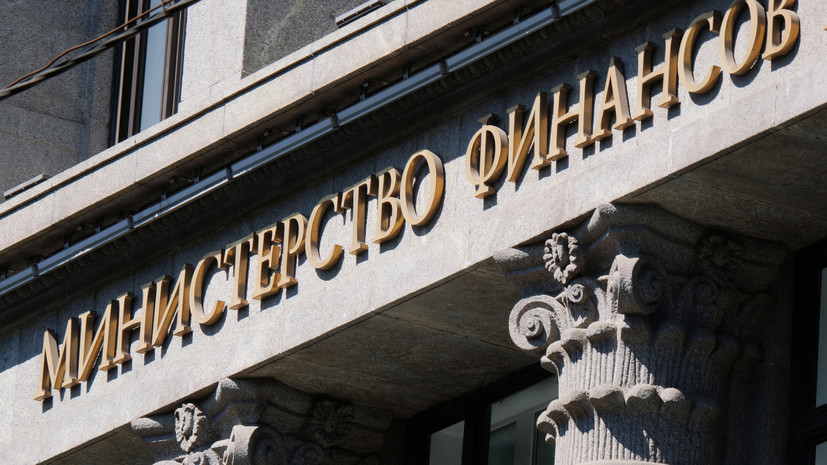The Russian federal budget received 318.8 billion rubles from the tax on excess profits of large companies. As the press service of the Ministry of Finance of the Russian Federation reported on Wednesday, January 31, in 2023 business paid 315.5 billion rubles, and since the beginning of 2024 - another 3.3 billion rubles.
“The actual volume of tax revenues exceeded the expected level of 300 billion rubles... These funds are intended for the implementation of government programs, including to support business and the social sphere,” the Ministry of Finance noted.
The government began discussing the idea of collecting a one-time payment from large enterprises in the format of windfall tax (tax on unexpected profits) with business almost a year ago. The need for such support from large entrepreneurs arose against the backdrop of an increase in the budget deficit.
At the end of 2023, Russian treasury expenditures exceeded revenues by approximately 3.2 trillion rubles, although the authorities initially planned to keep the figure close to 2.9 trillion. Moreover, in the spring the difference between expenses and revenues reached 3.4 trillion rubles. In these circumstances, a number of large organizations themselves turned to the state with the idea of supporting the budget.
“They understand that they have colossal windfall profits for 2021 and 2022. Simply gigantic. More than budget. They say: “Guys, why should we raise taxes, let’s chip in and pay,” and then the nuances began - who pays how much,” said First Deputy Prime Minister of the Russian Federation Andrei Belousov in an interview with RBC.
In response to the business initiative, the government voiced its own ideas. According to Finance Minister Anton Siluanov, in its proposals the Cabinet of Ministers “was based on the principle of fairness.”
“Over the past few years, we have seen a fairly high level of opportunistic income in entire business lines. The state invited these companies to transfer part of the rental and market surplus profits to the budget in the form of a tax. At the same time, we proposed to take the increase in business income for the period 2021-2022 and correlate this amount with the period 2018-2019, bypassing the Covid-19 year of 2020, because it was irrelevant. We proposed to partially centralize the difference between the volumes of income in the budget for state needs,” Siluanov explained in an interview with RT.
Russian Finance Minister Anton Siluanov
RIA News
© Pavel Bednyakov
Ultimately, the authorities ordered large businesses to pay 10% of the difference between the amount earned in the period 2021-2022 and the same figure for 2018-2019. The payment had to be made by January 28, 2024, but for those who made it from October 1 to November 30, 2023, the tax rate was reduced to 5%.
Companies created after 2020, small and medium-sized businesses, as well as organizations that pay the unified agricultural tax were exempt from paying the contribution. In addition, the initiative did not affect enterprises in the energy industry, since additional tax exemptions for the mineral extraction tax and fuel damper were provided for them in 2023.
Moreover, the measure did not affect companies that did not have sales revenue in 2018-2019, as well as developers constructing facilities using funds from citizens through escrow accounts. Financial institutions subject to bankruptcy prevention measures also did not have to pay the contribution.
“Only those companies that received unexpected profits from exports during periods of weakening of the ruble were selected to pay the contribution. The list of payers also included fintech, which also had excess income. Moreover, those who transferred money in the fall of 2023 ended up paying half as much as if they had done it later,” Alexander Kalinin, president of the All-Russian public organization of small and medium-sized businesses “Support of Russia,” told RT.
As the Ministry of Finance previously noted, the bulk of the money received should go to support families with children. The department emphasized that the tax on excess profits of companies was a one-time measure and there are no plans to levy it again. Meanwhile, in case of emergency, the government may still use this measure again in the future, says Andrey Loboda, communications director at BitRiver.
“The excess profit tax has justified itself, even in excess. All taxpayers covered by this program have demonstrated integrity and discipline. This is not surprising, since more than half of the collected amount was provided by large public companies, mainly producers of metals and mineral fertilizers. At the same time, the tax itself was not painful for business, since it could be paid ahead of schedule at a preferential rate,” added RT’s interlocutor.

